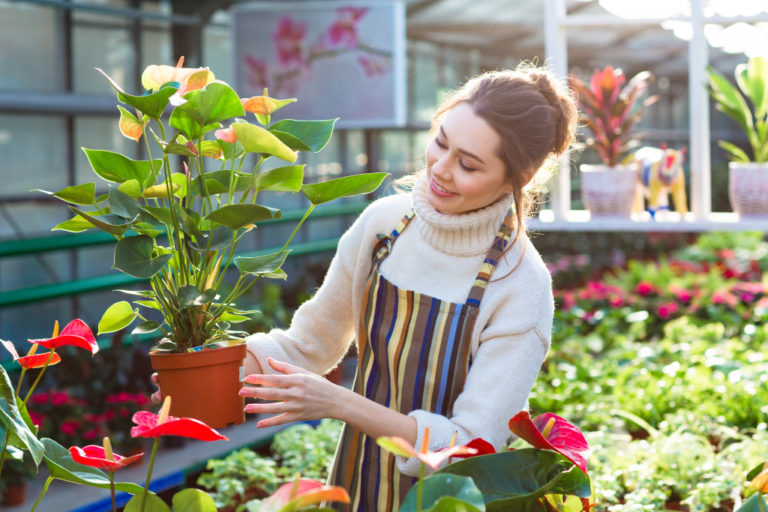Anyone who has ever tried their hand at gardening knows that it’s not as easy as it looks. There are a lot of things to consider when planting a garden, from the type of soil you have to the plants you choose to grow. If you want to have a thriving garden, you should keep a few things in mind. This article will share some tips on having a flourishing garden. But first, let’s learn a bit about horticulture.
What Is Horticulture?
Horticulture is the science and art of growing plants. It includes everything from plant propagation and breeding to landscape design and pest management. A horticulturist is someone who studies or practices horticulture.
Why Is Horticulture Important?
Horticulture is essential because it helps us produce food, medicine, and other products we use every day. It also beautifies our environment and provides a habitat for wildlife.
Tips for a Thriving Garden
Now that you know a little bit about horticulture let’s get into some tips for having a thriving garden.
1. Plan Your Garden
The first step to having a thriving garden is to plan it out. You’ll need to decide what plants you want to grow, where you’re going to plant them, and how much space you have to work with. Once you have a plan, you can start prepping your garden beds and getting your plants ready for planting.
2. Add the Necessary Soil Amendments
The next step is to make sure your soil has all the nutrients it needs for your plants to thrive. This means adding organic matter like compost or manure to your soil. You can also buy soil amendments from your local garden center.
3. Plant the Right Plants
Once you have your soil prepared, it’s time to start planting. Be sure to choose plants that are well-suited to your area’s climate and soil type. Ask your local nursery or extension office for advice if you’re not sure what will do well in your garden. When selecting plants, also take into account how much sun and shade your garden gets. Some plants need full sun to thrive, while others do better in partial shade.
4. Water Your Plants Correctly
Water is essential for plant growth, so be sure to water your plants regularly and deeply. The best time to water is in the morning, so the plants have time to dry off before nightfall. If you’re not sure how often to water, check the soil moisture levels with your finger or a soil moisture meter.
5. Keep Pests and Diseases at Bay
Pests and diseases can wreak havoc on your garden, so it’s important to take steps to prevent them. One way to do this is by using row covers or screens to keep pests from getting to your plants. You can also try companion planting, which is planting certain plants next to each other to deter pests. Also, keep your gutters clean by hiring professional services to prevent pests from taking up residence in your gutter system.
6. Mulch Your Garden
Mulching your garden is a great way to keep the weeds down, retain soil moisture, and improve the appearance of your garden. You can use any number of materials to mulch your garden, including straw, leaves, compost, or plastic. Mulching is especially important in areas with hot summers and dry winters.
7. Fertilize Your Plants
Fertilizing your plants is essential for their growth and health. Fertilizers provide the nutrients plants need to produce flowers, fruits, and vegetables. There are many different types of fertilizers available, so be sure to choose one that is suited for your plants’ needs.
8. Harvest Your Plants
There are a number of reasons to harvest your plants. First, harvesting provides food for you and your family. It also helps keep pests and diseases at bay, and can even improve the appearance of your garden. Finally, harvesting plants allows you to experiment with new recipes and culinary techniques. So go ahead and start harvesting those delicious fruits, vegetables, and herbs!
9. Store Your Harvest
Once you’ve harvested your crops, it’s important to store them properly to keep them fresh. Fruits and vegetables can be stored in the fridge, freezer, or pantry. Herbs can be dried or frozen for later use.
10. Compost Your Garden Waste
Composting is a great way to recycle garden waste and turn it into a valuable resource for your garden. Composting helps improve the texture and fertility of your soil, and can even help deter pests and diseases. If you’re not sure how to compost, there are many resources available online or at your local library.
So, there you have it! These are the best tips for having a thriving garden. By following these tips, you’ll be able to create a beautiful and productive garden that will provide food for your family and help keep pests and diseases at bay.
